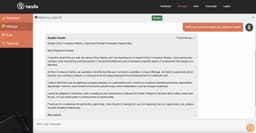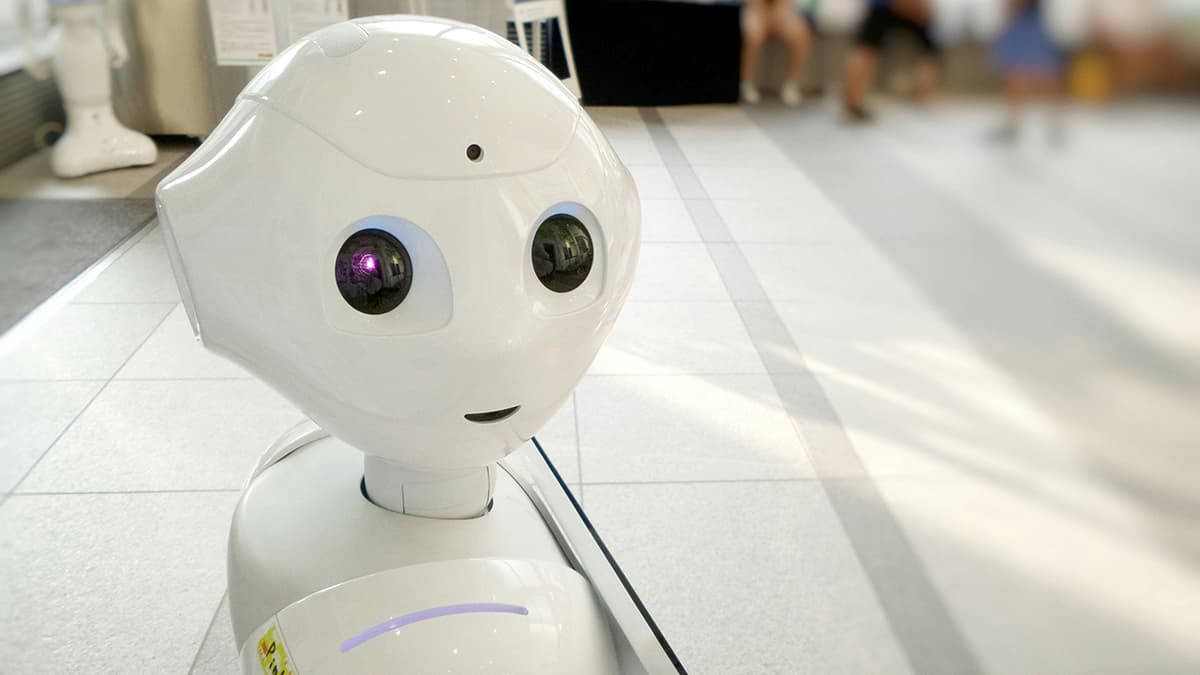How AI is Revolutionizing Test Prep
Preparing for tests can be nerve-wracking and challenging. From mastering complex subjects to managing time effectively, students have a lot on their plates. But what if I told you that Artificial Intelligence (AI) could lend a hand? Yes, AI isn't just for robots and self-driving cars; it can significantly help students prepare for their exams in an increasingly effective and personalized manner. Let's explore various ways AI is reshaping test preparation.
Personalized Learning Paths
One size doesn't fit all, especially in education. AI can analyze students' strengths and weaknesses to create personalized learning paths. For example, platforms like Khan Academy use AI to offer personalized exercises and recommendations based on individual performance. AI tailors the study plan to focus more on areas where the student needs improvement, making the learning process efficient and effective.
Adaptive Testing
AI-driven adaptive testing adjusts the difficulty level of questions in real time based on the student's performance. For example, if a student answers a question correctly, the next question will be slightly harder. If incorrect, the next question will be easier. This personalized approach ensures that students are consistently challenged without feeling overwhelmed. Companies like Magoosh utilize adaptive testing to prepare students for standardized tests like the SAT, GRE, and GMAT.
Virtual Tutors
Gone are the days when you needed to book appointments with tutors or attend group study sessions. AI-powered virtual tutors can provide instant help 24/7. These tutors, like those offered by Coursera, can answer questions, explain concepts, and even provide practice problems. The AI understands the student's learning style and adapts its methods to make complex topics easier to grasp.
Intelligent Flashcards
Flashcards are a tried-and-true study tool, but AI can make them smarter. Applications like Quizlet use AI to generate flashcards that highlight the most important concepts and terms based on the student's past performance. AI can even predict which flashcards the student is most likely to forget and prioritize them, making the study sessions more productive.
Automated Grading and Feedback
Grading takes time, and detailed feedback is often delayed. AI can automate this process, providing immediate and insightful feedback. Platforms like Edmodo offer AI-enhanced grading systems that not only score assignments instantly but also provide constructive comments. This timely feedback allows students to quickly identify areas for improvement and adjust their study methods accordingly.
Practice Tests and Mock Exams
AI can generate an endless supply of practice tests and mock exams tailored to specific subjects or standardized tests. These tests can mimic real exam conditions, helping students get accustomed to the format and timing. By analyzing the results, AI can offer detailed insights into the student's performance, highlighting strengths and pinpointing weaknesses.
Gamification
Studying doesn’t always have to be tedious. AI can make learning fun by incorporating elements of gamification. Platforms like Duolingo use AI to turn language learning into an engaging game, complete with levels, rewards, and leaderboards. Similarly, gamified practice tests can motivate students to spend more time studying, ultimately improving their performance.
Motivation and Mental Health
Studying can be stressful, and maintaining motivation can be tough. Some AI applications focus on the emotional well-being of students. AI-powered apps like Woebot offer mental health support and motivation techniques. These apps use natural language processing to provide emotional support, helping students manage stress and stay motivated during their preparation.
Vocabulary and Language Skills
AI is fantastic at language processing, and it can help students improve their vocabulary and language skills. Tools like Grammarly not only check for grammatical errors but also offer vocabulary suggestions. AI can analyze how students write and speak to provide targeted tips for improvement, which is particularly useful for standardized tests like TOEFL and IELTS that assess language proficiency.
Study Schedule Optimization
Managing time efficiently is crucial for test prep. AI can help students create an optimal study schedule based on their availability, study habits, and syllabus. Apps like MyStudyLife use AI to help students organize their study activities, set reminders, and track their progress. This ensures a balanced study routine, helping students avoid last-minute cramming sessions.
Collaborative Learning
Sometimes, studying with peers can be more effective. AI can facilitate collaborative learning by connecting students with similar educational goals. Platforms like Slack use AI to foster communication and collaboration among study groups. AI can also track the group’s progress and suggest areas that need collective focus, making the group study sessions more productive.
The potential of AI in test prep is immense and still burgeoning. From personalized learning paths to intelligent flashcards and mental health support, artificial intelligence is making the process more manageable, effective, and engaging. Students, teachers, and educational institutions can leverage these advanced tools to achieve academic success.












